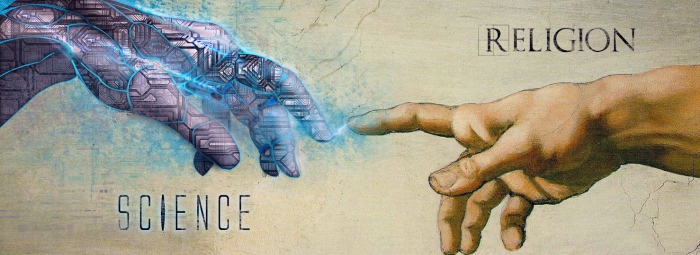
During the Religious Knowledge Systems TOK Day we heard many different viewpoints about the topic. Firstly, we had a presentation about how we see faith in our daily lives and what its influence on us as individuals and as on communities as well. The most remarkable example was the young American who wanted to declare Jesus and got killed by the Sentinelese men. In this case, we could see how two areas of knowing, reasoning and faith confronted each other and how faith had overridden the clear logistics of reasoning. The man knew it’s forbidden to go close to the island, as it is a remote place and the tribe there is dangerous, but he didn’t care. He was educated, young – had his life in front of him, but he chose to take the risk and believe in faith and also in his intuition in a sense that he was convinced he could bring some kind of change despite the risks.
Secondly, we were listening teachers talking about their religions and I found it quite impressing as I heard about beliefs I have never faced before. For some people it felt quite controversial to listen these information from clearly high educated people, most importantly from those who are working in the science area. This idea connected to the big debate topic whether there is place for science and faith and how is it possible to believe in both. While we were questioning why humanity even has the need of faith and of course we couldn’t end with a clear conclusion as the topic is so broad and has so many sides of it, we were able to see how these areas can be connected and not just confronted with each other.
As one of the core ideas in connection with the Religious knowledge system, we need to talk about how religion depends on shared knowledge and given respect to authority. As it can be seen as a code of culture, it’s needed to see who is the ‘leader’, who we are giving legitimacy to learned the rules from.
Next to that, the basic ideas are similar in the different beliefs system to help people to become the better versions of themselves. This fundamentality can be shaped by different interpretations and also, as well as creates ethical boundaries, it’s giving space for some people to use it as an explanation for their actions.
Humanity created religion to help to explain the unknown, exploring questions which haven’t got answers from science. This opens the door for debating it’s certainty and also, the question of the need of evidence.